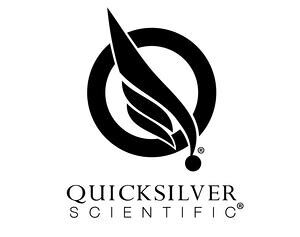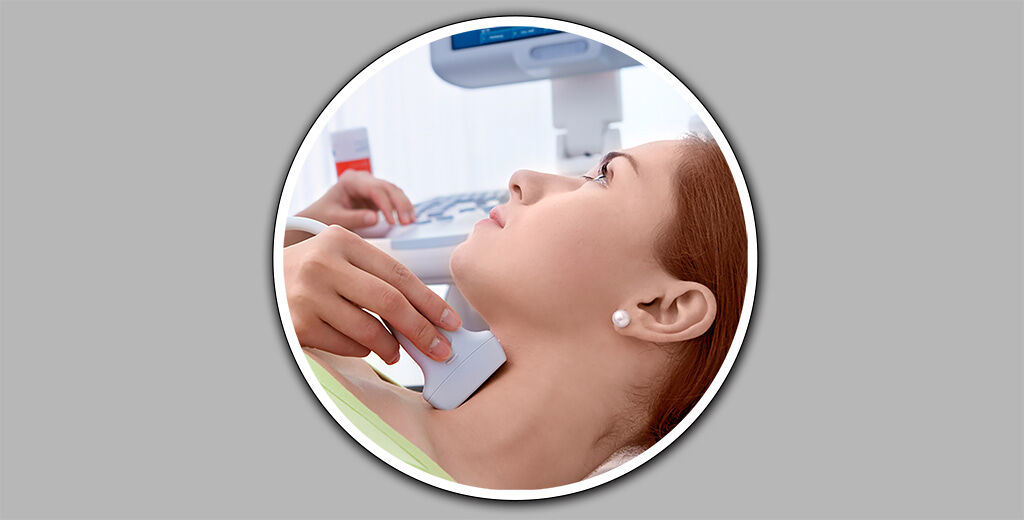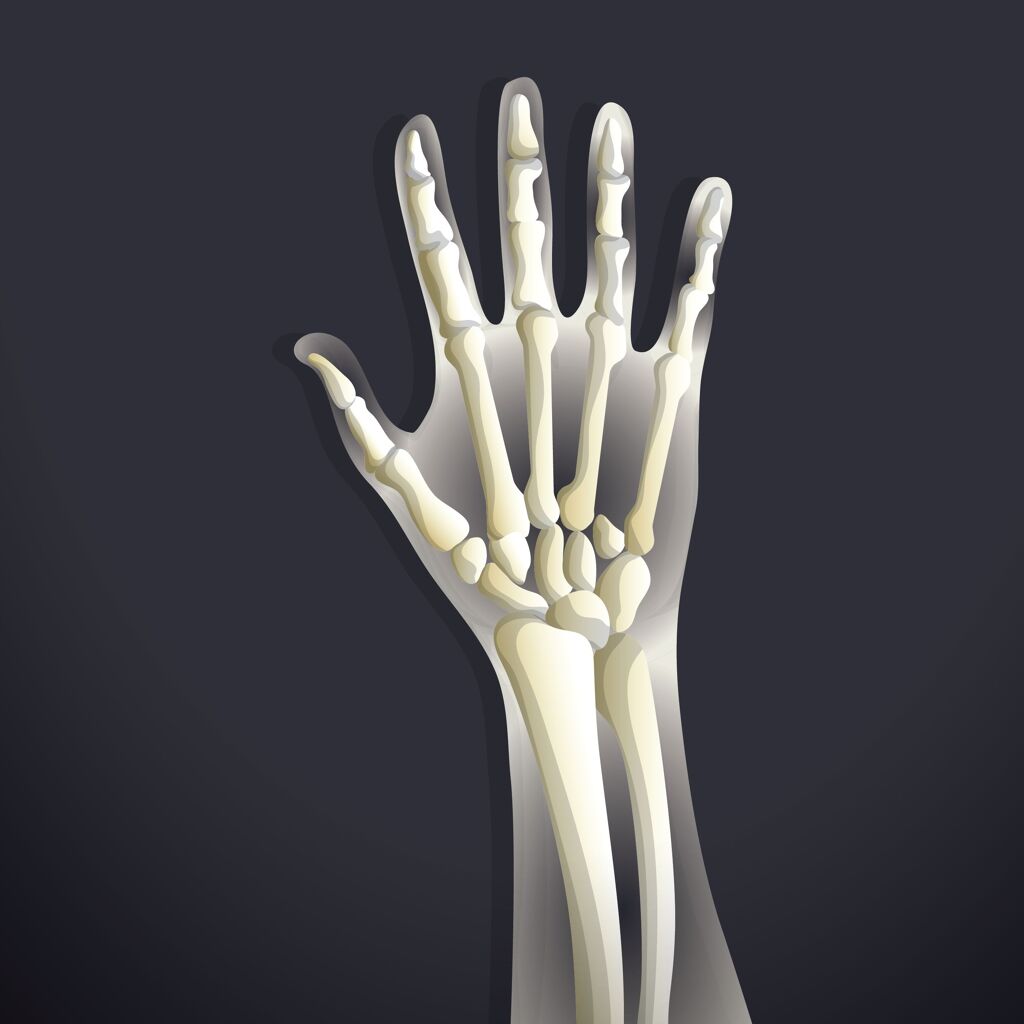Hyperthyroidism Treatment: Thyroid Series

Hyperthyroidism Treatment is the focus of this article. Last week we wrote about Hyperthyroidism, its root causes and what diet to follow if you are hyperthyroid (see here). This week we continue with Hyperthyroidism and focus on solutions using Functional Medicine. Please read on for the details….
** Please note: If you want the short summary version of this article with a video, then please click here **
As a Recap,
For hyperthyroidism treatment, we recommend following a whole-foods based, blood sugar-balancing, anti-inflammatory diet. Examples are the Paleo diet or a gluten-free Mediterranean diet.
In addition, specific foods should be eaten to help with hyperthyroidism treatment:
- Eat a low-iodine diet
- Get adequate selenium for thyroid health
- Eat cruciferous vegetables
To Read About Blog Topic, Scroll Down
Want To Work With Our Clinic?
Do you have a chronic or mystery illness that no one has been able to help you with? Are you simply wanting to re-connect with a healthier version of yourself? It’s Time To Finally Feel Better!
While you are adjusting your diet, it is critical to Look at Root Causes and address the following:
Fix gut problems: Work with an experienced FM practitioner and look out for dysbiosis, H pylori, SIBO, leaky gut, reduced motility or problems with the migrating motor complex (MMC), absorption issues or other GI problems. A healthy gut is required for a healthy thyroid.
Immune system: By addressing gut health, immune health will improve. This is because almost 70% of the entire immune system is located in the gut (Vighi G, 2008).
Rebalance hormones: Avoid endocrine-disrupting chemicals and other sources of exogenous estrogen like conventional meats and animal products. Eat an organic diet with foods high in fiber which will aid in estrogen elimination. Also support and address HPA dysregulation. Work with an experienced FM practitioner to rebalance hormones. See if adaptogenic herbs make sense for you. Try meditation and restorative yoga.
Check for heavy metals: Work with a FM practitioner to test for heavy metals. Sources of potential mercury exposure include vaccines, dental amalgams, breathing contaminated air, drinking contaminated water or eating contaminated food, particularly mercury contaminated fish. It is important to determine if mercury or other heavy metals are an issue for you.
Address infections such as Epstein-Barr Virus, Lyme disease or other bacterial or viral infections. Inflammation of the thyroid gland can occur as a result of a (typically viral) infection (EndocrineWeb, 2014). The infection will affect thyroid function and production of thyroid hormones, possibly leading to thyroiditis or other thyroid problems (American Thyroid Association, 2020).
Supplements that can help:
You can support your immune system with vitamin D, fish oil and glutathione.
- Vitamin D is important for the immune system. It is best to test your D levels before self-diagnosing that you need vitamin D. We like to see vitamin D at about 50-60 on a blood test.
- Fish oil can contribute to reducing inflammation throughout the body.
- Glutathione is a master antioxidant that works to improve detoxification of toxins from the body.
Certain herbs can help to with hyperthyroidism treatment and reduce hyperthyroid symptoms, including:
- Bugleweed is a plant which is also called Lycopus europaeus. It is native to Europe and Asia. It has been found to improve the symptoms in mild hyperthyroidism (Eiling R, 2013). It decreases levels of thyroid hormones TSH, T4 and T3 (Eiling R, 2013). One study found the urinary excretion of T4 was significantly increased in Lycopus europaeus-treated patients (Beer AM, 2008). Symptoms of hyperthyroid were diminished, including the increased heart rate in the morning (Beer AM, 2008). In addition, Lycopus europaeus was well tolerated (Beer AM, 2008).
- Lemon Balm is a member of the mint family. It has antithyroid activity as it can block TSH receptors, preventing TSH from binding to thyroid tissue (Auf’mkolk M, 1985). TSH stimulates the thyroid so by blocking it, lemon balm helps to diminish thyroid activity, producing less T4 and T3 and calming thyroid symptoms by reducing stress and anxiety, improving sleep and appetite and easing pain (Auf’mkolk M, 1985).
L-Carnitine is an amino acid. It is necessary for mitochondrial function and ATP energy production (Foster, 2004). It is also important for heart and brain function, muscle movement and other body processes. In hyperthyroid patients, urinary excretion of carnitine was high vs. in people with hypothyroidism or normal thyroid function (Maebashi M, 1977). Carnitine excretion was significantly correlated with serum thyroxine concentration in hyper- and hypothyroid patients (Maebashi M, 1977). This lost L-carnitine in hyperthyroid patients needs to be replaced.
In addition, L-carnitine inhibits both T3 and T4 entry into the cell nuclei (Benvenga S, 2004), inhibiting the action of thyroid hormones. In a randomized trial, 2 and 4 grams per day of oral L-carnitine were capable of reversing hyperthyroid as well as preventing (or minimizing) the appearance of hyperthyroid symptoms (Benvenga S, 2004). Maintaining enough L-carnitine can help prevent or reverse muscle weakness and other symptoms, by keeping thyroid hormones out of the cells (Benvenga S, 2004).
CoQ10 is an antioxidant that helps provide energy to cells. Studies have linked hyperthyroidism to low levels of CoQ10 (Mancini A, 2011). These studies show that there is a greater need for CoQ10 in people with hyperthyroidism. It is also a good idea to take CoQ10 if you are on any statins or beta blockers, because they block the production of CoQ10.
Quercetin is a flavonoid found in a broad range of fruit and vegetables. It has antioxidant, antiproliferative and anti-inflammatory properties. Quercetin can also act as a thyroid disruptor (Giuliani C, 2014). It interferes with thyroid function by inhibiting thyroid-cell growth and iodide uptake (Giuliani C, 2014). One study looked at the effects of quercetin on the expression of thyroid-restricted genes and found that quercetin decreases the expression of the thyrotropin receptor, thyroid peroxidase and thyroglobulin genes (Giuliani C, 2014). Quercetin can be found in onions, apples, grapes, berries, broccoli, citrus fruits, cherries, tea and capers or in supplements.
And don’t forget the basics! Practice good lifestyle habits like adequate sleep, regular exercise, healthy weight maintenance, stress management and meditation. Thank you for your attention to this information about hyperthyroidism treatment.
** Please check our blog next week to read our next article in the Thyroid Series on **
Hashimoto’s Autoimmune Thyroid Disease
Are You Suffering From A Chronic Illness?
Does your current health situation look like this…
- Do you feel that you have tried many things and either nothing works, or the treatment does not hold?
- Have you been told that there is nothing that can be done to reverse your illness and you just need to manage symptoms?
- Does your illness impact your work, your family, your happiness and your social life?
We specialize in finding answers and solutions for complicated chronic illness when people feel like they have tried everything. If this sounds like you, book a free call with us to see if we are the right fit for your health goals.
Dr. Miles has spoken for the following organizations:
















